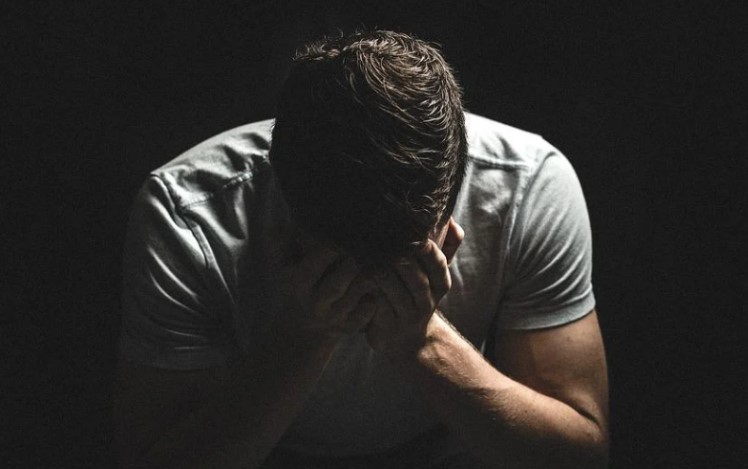
If you or someone you know suffers from depression, it’s important to know how best to treat it, as well as when and if alternative treatments are appropriate or necessary. Here’s everything you need to know about depression therapy and choosing the best depression treatment approach for your needs.
Symptoms of Depression
- Low mood or sadness, feeling hopeless and/or helpless.
- Loss of interest in activities that were once pleasurable or satisfying.
- Sleeplessness, early-morning awakening, or oversleeping (hypersomnia).
- Loneliness, withdrawal from friends and family, loss of appetite for food or sex.
- Fatigue, low energy levels.
However, these symptoms can vary from one person to another. Please speak to your doctor if you’ve been experiencing any of these symptoms for a long time.
What Causes Depression?
Depression is a mood disorder that affects the way you feel about yourself and your life. It can make it hard for you to enjoy anything, even things you normally like. It can also lead to other emotional problems, such as anxiety and obsessive thoughts.
Researchers don’t know what exactly causes depression but they have found some factors that might increase the risk of getting depression.
These include
- Genetics
- Traumatic events in childhood
- Physical illnesses
- Substance abuse or addiction (especially alcoholism)
- Social and economic status
- Work-related stressors or a poor work environment
- Major losses like job loss, death of a loved one or divorce
- Unhealthy lifestyle habits (such as smoking) and lack of physical activity
Treatment Options for Depression
Psychotherapy
There are many psychotherapy treatment options for depression. One popular option is cognitive behavioural therapy (CBT). CBT is focused on helping people identify and challenge the thoughts, feelings, behaviours, and events that lead to their depression. It also teaches skills that people can use in order to help them manage their symptoms of depression. In this type of treatment, you work with a therapist who will guide you through the process.
Antidepressants
Some people with depression may need antidepressants, which can be very effective in treating their symptoms. Talk therapy and antidepressant medications are usually used together.
Antidepressant medications are prescribed based on how severe your depression is and how fast you want the medication to work, among other factors.
Light Therapy
One of the many treatment options for treating depression is light therapy. Light therapy can be used to help treat seasonal affective disorder and other types of depression, including major depressive disorder. In this type of therapy, a person sits in front of an artificial light source (or natural sunlight) for a prescribed amount of time each day. Light therapy usually lasts from thirty minutes to two hours per day and is usually done first thing in the morning, before breakfast.
Transcranial Magnetic Stimulation
TMS is a new FDA-approved depression treatment that is starting to gain traction. The treatment involves the use of magnets and electricity, which are used to stimulate neurons in the brain. TMS has been found, through research studies, to be a safe and effective option for people who do not respond well to other treatments.
Please speak to your psychotherapist to know how to treat depression. Your doctor can help you choose the right treatment to help you cope with depression.
